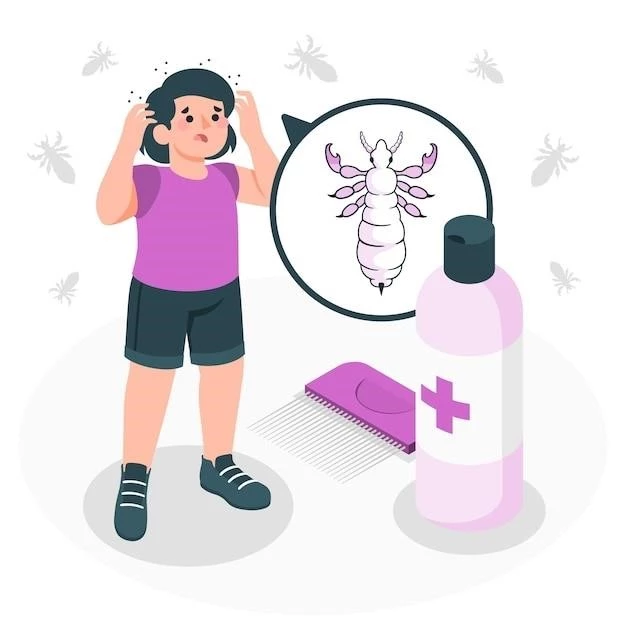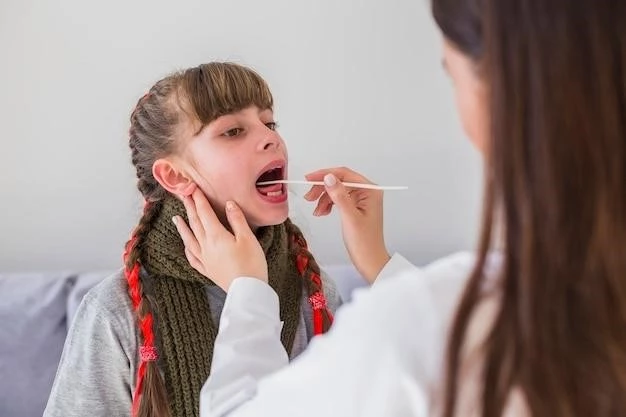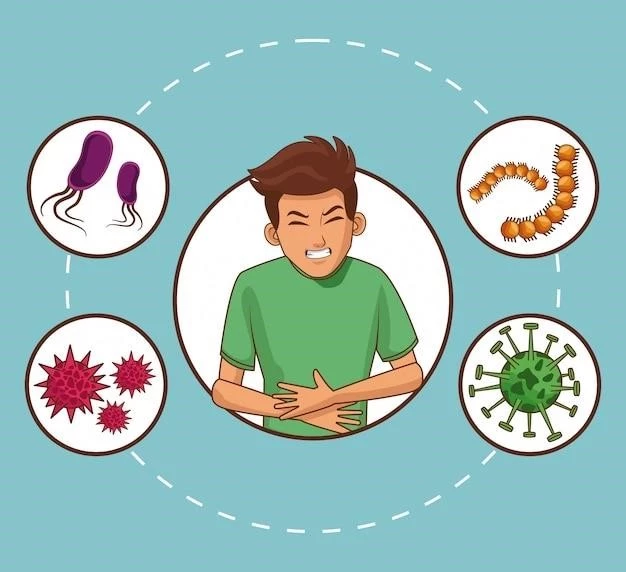Introduction
Ringworm is a common fungal infection that causes a circular rash on the skin. Learn about symptoms, treatment, and prevention strategies.
Ringworm is a common skin infection caused by a fungus. It typically results in a red, itchy, scaly, circular rash that appears ring-shaped. The infection is contagious and requires treatment with antifungal medications to eliminate the fungus responsible for the rash.
Causes and Risk Factors
Ringworm is caused by certain types of fungi that thrive in warm, humid environments. It is common in tropical areas and during hot, humid summers. Environmental factors like warm, moist locker rooms and indoor pools can contribute to the spread of ringworm.
Definition of Ringworm
Ringworm, also known as tinea, is a contagious fungal infection that causes a circular, ring-shaped rash on the skin. It is characterized by redness, itching, and scaling and is caused by various types of fungi. Prompt diagnosis and treatment are essential to prevent its spread.
Environmental Factors
Ringworm thrives in warm, humid environments, making tropical areas and hot, humid summers common breeding grounds. The fungus causing ringworm can spread easily in warm, moist settings like locker rooms and indoor pools. Prevention involves minimizing exposure to such environments.
Symptoms and Diagnosis
Recognizing ringworm early is crucial. Look for red, itchy, ring-shaped rashes on the skin. Consult a healthcare provider for proper diagnosis and treatment.
Common Symptoms of Ringworm
One common symptom of ringworm is the emergence of a small area of infected skin that tends to spread outwards. In most cases, ringworm appears as a rounded, red, inflamed patch of skin, with the outer edge being more inflamed and scaly than the center, resembling a growing ring-shaped rash.
Diagnosis of Ringworm
Diagnosing ringworm typically involves a healthcare provider examining the affected skin visually and potentially taking skin scrapings or nail samples for further testing. It’s essential to seek medical attention for an accurate diagnosis and appropriate treatment.
Treatment Options
Explore various treatment options for ringworm, including over-the-counter medications and prescription antifungal treatments. Effective treatment can help eliminate the infection and alleviate symptoms.
Over-the-Counter Medications
Over-the-counter antifungal medications, such as clotrimazole and miconazole, can be effective in treating certain forms of ringworm like athletes foot and jock itch. Follow the product instructions carefully for best results and consult a healthcare provider if symptoms persist or worsen.
Prescription Antifungal Medications
Prescription antifungal medications are often necessary to treat severe or persistent cases of ringworm. These medications, such as terbinafine or griseofulvin, are prescribed by healthcare providers based on the specific type of ringworm and its severity. It’s crucial to follow the prescribed treatment regimen diligently and attend follow-up appointments for monitoring and adjustments if needed.
Prevention Strategies
Prevent ringworm by maintaining good personal hygiene practices and ensuring cleanliness in your environment. These strategies can help reduce the risk of contracting and spreading the fungal infection.
Personal Hygiene Practices
Adopting good personal hygiene practices can help prevent ringworm. Regularly wash your hands, bathe with soap and water, keep skin clean and dry, avoid sharing personal items like clothing and towels, and refrain from walking barefoot in communal areas where the fungus may thrive. These practices can significantly reduce the risk of contracting ringworm.
Environmental Cleanliness
Maintaining cleanliness in your environment is crucial to prevent ringworm. Ensure that shared spaces are clean and dry, especially in warm, humid areas where the fungus thrives. Regularly disinfect and clean surfaces to reduce the risk of fungal spread. Taking these measures can help create an environment less conducive to ringworm transmission.
Understanding possible complications of untreated ringworm is essential. Learn when to seek medical attention for persistent or worsening symptoms to prevent further issues.
Complications and When to Seek Help
Be aware of the possible complications of untreated ringworm, such as the risk of the infection spreading to other areas or developing into a more severe form. Promptly seek medical attention if you notice persistent or worsening symptoms to prevent complications and ensure effective treatment.
Indications for Medical Attention
Seek medical attention for ringworm if the infection does not improve with over-the-counter treatments, spreads rapidly, affects the face or scalp, or if you have a weakened immune system. Prompt medical intervention can help prevent complications.
Take special care in identifying risk groups for severe ringworm infections and understand the impact of weakened immune systems on the development of the disease. Stay informed to protect vulnerable individuals.
Individuals with weakened immune systems, such as those with autoimmune diseases or on immunosuppressive medications, are at higher risk for severe ringworm infections. Close monitoring and prompt treatment are essential for these vulnerable groups to prevent complications.

Special Considerations
Take note of special considerations such as identifying the risk groups for severe ringworm infections and understanding the impact of weakened immune systems on the development of the disease. Be proactive in protecting vulnerable individuals and seeking appropriate care.

Home Care and Self-Treatment
Manage ringworm symptoms at home with over-the-counter antifungal medications; Follow guidelines to alleviate discomfort and prevent reinfection. Seek medical attention if symptoms persist.
Risk Groups for Severe Infections
People with weakened immune systems, such as individuals with autoimmune diseases or those undergoing immunosuppressive treatments, are at a higher risk for severe ringworm infections. Understanding these risk groups is crucial to ensure timely and appropriate care to prevent complications.
Precautions to Prevent Reinfection
To prevent reinfection with ringworm, ensure that all clothing, towels, and bedding are washed and dried thoroughly to kill any fungal spores. Avoid sharing personal items and maintain good personal hygiene practices to minimize the risk of spreading the infection. Additionally, disinfect surfaces and objects that may come into contact with the infected skin to prevent the recurrence of ringworm.
